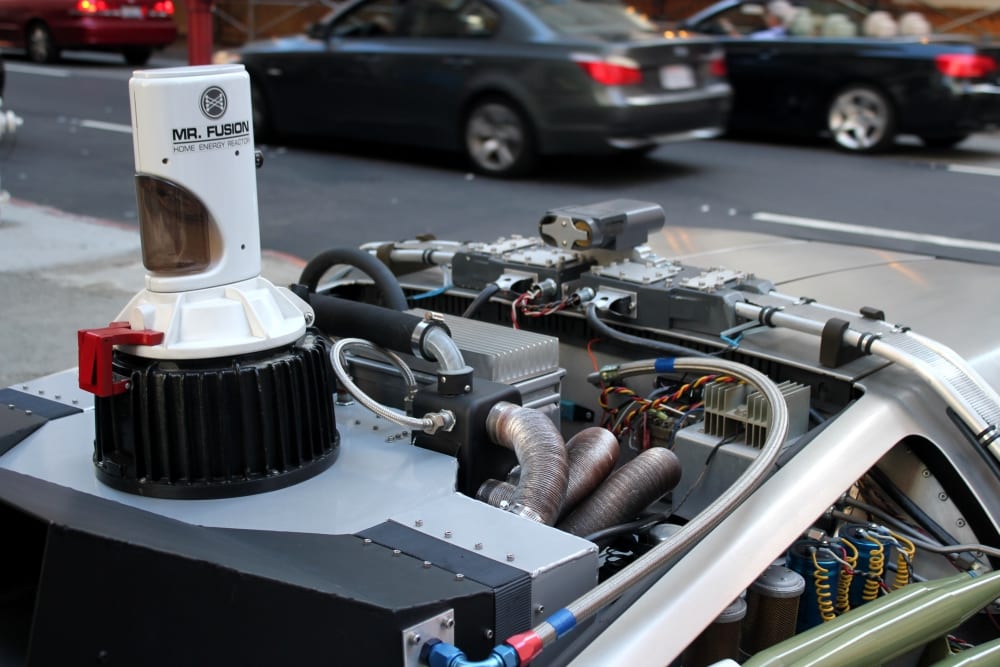Sorry to be a stuck record, but I think battery tech needs to get multiples better before EVs can compete as an overall package short/long range vehicle. But surely, battery energy density WILL get much better in the next decade - because of the investment, because of these commitments. It's a good thing IMO.
I admit for urban driving EVs are the present though - not just the future.
Once batteries improve (maybe with new chemistries now being researched) EVs will have what they lack now, i.e. moderate weight and commensurate long range. I wonder if they'll even beat ICEs in this regard in time - imagine if vehicles could drive all day without recharging, then I expect almost all recharging will be overnight, and that part anyway would be a benefit to the grid.
To recap: batteries; investment!


